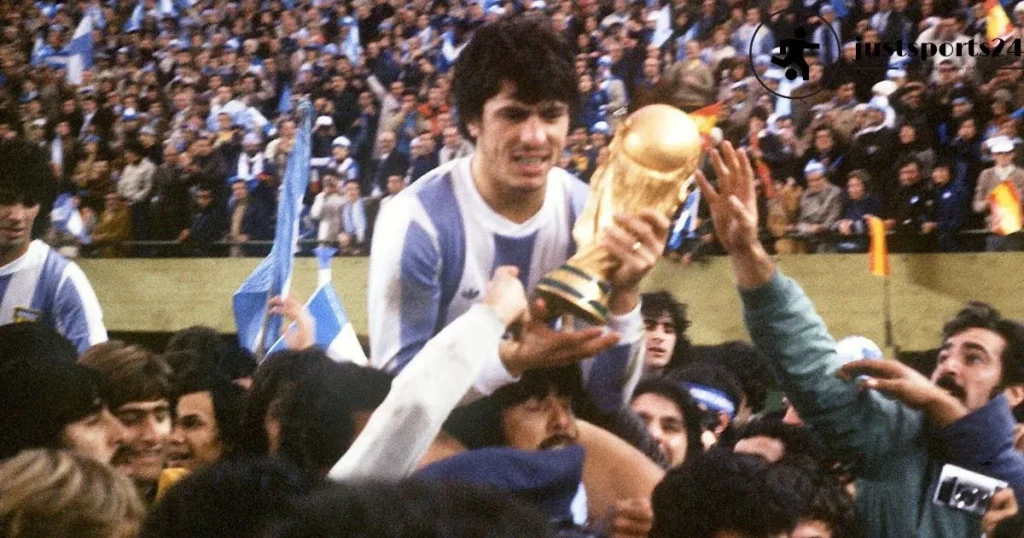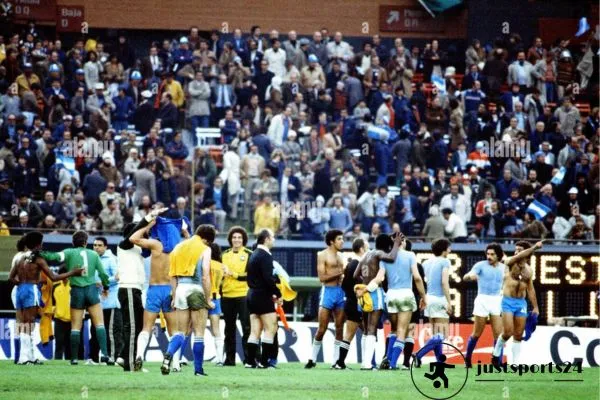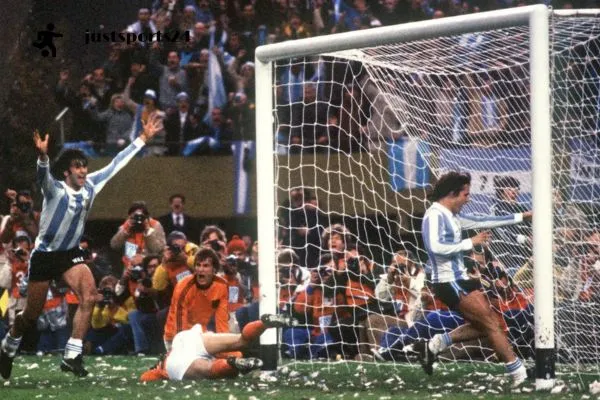Everyone has been looking forward to a brave analysis of the 1978 FIFA World Cup, a globally acknowledged tournament that is considered one of the highest points in football history. With thrilling matches and unforgettable players, the 1978 FIFA World Cup was the best showcase of Soccer in full perfection
The Cast: Argentina 1978

Argentina hosted the 1978 FIFA World Cup and this itself was a landmark in the history of South American football. The tournament went on between June 1 and 25 1978 and apart from being the 11th World Cup was also the first official World Cup in the southern hemisphere. This nation was selected as the host of the World Cup because of its love of the sport as well as its modern stadiums, most especially the Estadio Monumental in Buenos Aires.
The country’s World Cup aspirations arise well out of the deep-sitting football culture in the country coupled with the expositional desire to showcase the football ‘possible’ Robert Capa’s vision in as clean a mirror as possible. However, the 1978 FIFA World Cup was not purely a sporting competition, but a source of cohesion and pride for the people of Argentina.
The Teams: A Diverse Field

The second 1978 FIFA World Cup brought together 16 teams from around the world and placed them in four pools. Each group thus consisted of four teams, hence the top two teams in the group moved to the subsequent rounds of the tournament.
Group 1: Argentina, Italy, France, Hungary.
Group 2: Brazil, Sweden, Spain, Austria.
Group 3:West Germany, Netherlands, Peru, and Iran.
Group 4: Argentina, Brazil, Peru, Scotland.
Young stars asserted themselves in the group stages and their teams surprised many teams including their opponents. Argentina and Brazildisplayed their attacking whiz while most of the other teams silently went out and did little to depart one’s heart.
The Knockout Stage: High Drama and Intense Competition
The Round of 16
The knockout stage of the tournament held in 1978 was the time when this high tournament started taking shape. With just 8 teams left active in the competition, the stakes of each game were raised:
Argentina vs. Peru– In this the game is more of an attacking game with more shells fired by the Argentines and a win clinched by them in readiness for the semi-finals.
Brazil vs. Poland – Brazil was further excited with their effective game as they trimmed down Poland and progressed to the next round.
The Quarter-Final Competition
Some nail-biting incidents were experienced at this stage of the tournament.
Argentina vs. Brazil: This was an epic clash since it meant a lot for both countries with Argentina backed by the home fans winning this duel with a sweet 2-1 victory. Here as well, Argentina marked this as the game where they first stood out and became accustomed to playing under pressure.

Netherlands vs. Italy. Led by the impressive Johan Cruyff, the Dutch team got the better of their Italian counterparts and proceeded into the semi-finals.
The Semi-Finals
The semi-finals provided both spectacle and skill:
Argentina vs. Netherlands:With an extra time of 30 minutes added to the match, Argentina through the inspiring displays of Kempes defeated Netherlands 3-1. It was superb not only in its outcome but in the manner in which Kempes contributed to the victory.
Brazil vs. West Germany: Brazil gravitated in attacking most of their time on the pitch but the proper organization of the opponents that is West Germany, made it far too much tension on Vargas unforgiving shootouts saw West Germany qualify against the odds into the finals.
The Final: A Breath-Taking Confrontation

The Estadio Monumental in Buenos Aires was the venue for the World Cup final in the year 1978 which had Argentina and Netherlands in a face-off. The match unfolded in events that brought all the drama and all the electricity that the tournament had to offer.
The Legacy of the 1978 FIFA World Cup
Argentina’s Triumph: There were no better times for the Argentine people as joy flooded the houses thanks to the winning of the World Cup and we perceive that Mario Kempes became the national hero. It is then not surprising that he scored for all his matches and clinched the Golden Boot Award 1978 FIFA World Cup.
Tactical Evolution:The 1978 World Cup witnessed the changes in how football was played with the defining style of this competition being the anti-hero as to offensive soccer, yet able to launch a counterattack whenever required.
Memorable Matches:The tournament offered some memorable matches and sometimes best matches including the most exciting final and the first victory over Brazil.
Cultural Impact: The 1978 FIFA World Cup significantly contributed to Argentine society by reinforcing the values of the nation, especially the love for football.
Conclusion
Johan Cruyff- the greatest player of that 1978 FIFA World Cup– lived the tournament as one of the iconic pure football feasts full of drama-skill-passion, and if it may be worth keeping some spoilers, his appearance on the stage locating within such ornaments as shallow in making the subsequent loss of oneself to the team. The World Cup which was held in Argentina showcased the glorious football skills of the players from various countries and provided many thrilling moments to the fans globally.
Here at JustSports24, we strive to offer sports content of the highest standard. Just this article dedicated to the 1978 FIFA World Cup provided us with insights into one of the pedestal events of football’s existence. Whenever this is done, more sports blogs and even more thorough reports on the beautiful game are here to come.

